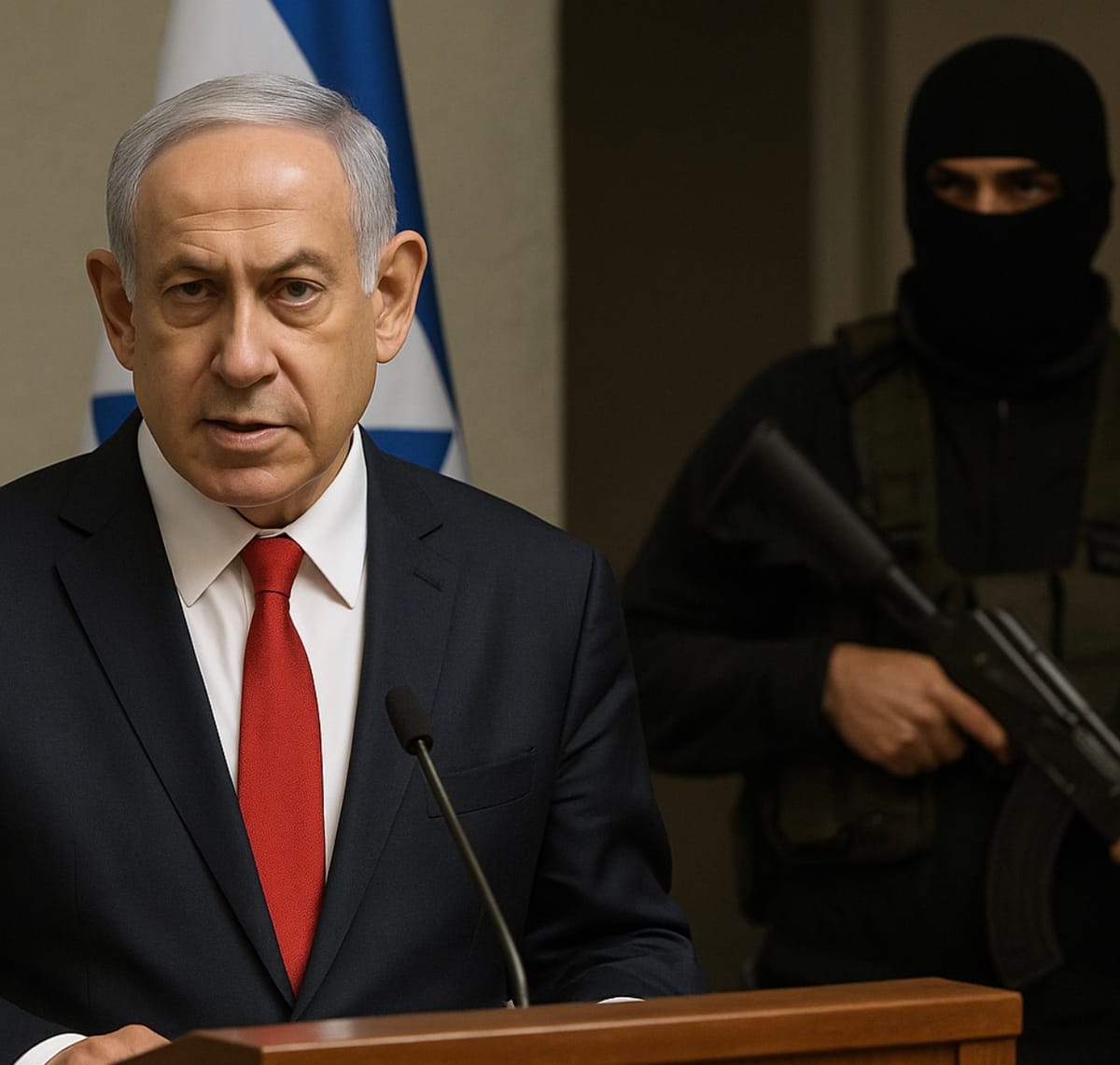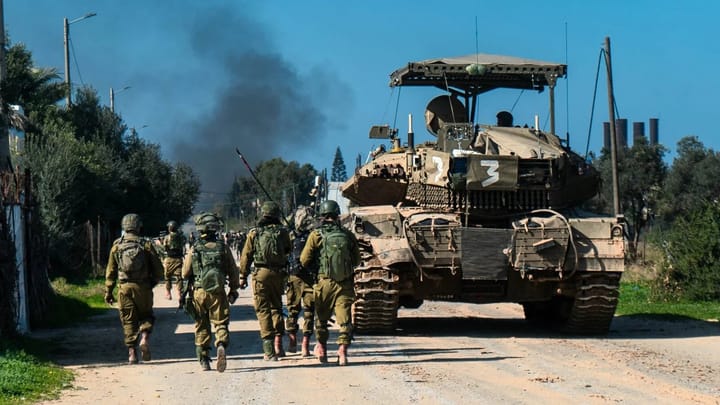Israel Admits Arming Criminal Gangs in Gaza
Israel admits to arming criminal gangs in Gaza to weaken Hamas, sparking international outrage and escalating regional tensions.

The conflict between Israel and Hamas has once again intensified following a surprising admission from Israeli Prime Minister Benjamin Netanyahu, who stated that his government had supplied weapons to armed groups in the Gaza Strip. This move is part of Israel’s strategy to undermine the power of Hamas, its main adversary in the region. Netanyahu’s admission quickly drew widespread criticism from both within Israel and the international community. This controversial policy opens a new chapter in the protracted and complex Middle East conflict.
The Groups Supported by Israel
The main group at the center of attention is the Popular Forces, also known as the Anti-Terror Service. Led by Yasser Abu Shabab, a prominent figure from the Bedouin clan in Rafah, southern Gaza, the Popular Forces is composed of hundreds of armed members operating in areas under Israeli military supervision. These groups have received supplies of weapons, ammunition, and logistics from Israeli authorities to carry out operations against Hamas.
Strategy to Weaken Hamas
Netanyahu described this policy as a vital strategy to suppress Hamas’s military strength in Gaza. He claimed the policy could reduce casualties among Israeli soldiers while provoking internal conflict within Gaza society, thereby gradually weakening Hamas. According to Netanyahu, this is a pragmatic choice amid an unending war. However, many observers argue that such a decision could open the door to greater chaos and further worsen the humanitarian crisis in Gaza.
Sharp Criticism and International Concern
Israel’s move has drawn sharp criticism from various quarters, including Israeli political figures. Former Defense Minister Avigdor Lieberman accused Netanyahu of arming criminal groups allegedly linked to ISIS, stating that the decision was made without cabinet approval and could backfire on Israel in the future. Similar criticism came from Yair Lapid, Israel’s opposition leader, who called the policy reckless and lacking a clear long-term strategy.
Additionally, international humanitarian organizations have highlighted the involvement of the Abu Shabab group in looting humanitarian aid, which has intensified the suffering of Gaza’s civilian population. These criminal actions reinforce concerns that Israel’s strategy could create new security problems in an already unstable region.
Reactions from Hamas and Gaza Residents
Hamas has reacted strongly to Israel’s actions, stating that any Gaza resident joining Israeli-backed armed groups would be treated as a collaborator and an enemy of the Palestinian people. Furthermore, the Abu Shabab extended family publicly severed ties with Yasser Abu Shabab as a protest against his collaboration with Israel. This strong reaction highlights the deep divisions within Gaza society, which has long lived under the shadow of conflict.
Implications and Policy Risks
Israel’s admission has raised serious concerns about the legality and ethics of this policy. Supporting armed groups with criminal records and alleged extremist ties is seen as further destabilizing the security situation in Gaza. Moreover, this approach risks setting a dangerous precedent in armed conflict, where a state uses criminal gangs as political and military tools. This could damage Israel’s international image and add to the long list of human rights violations in conflict areas.
New Dynamics in the Gaza Conflict
The situation in Gaza is becoming increasingly complex and uncertain. Israel now faces a dilemma between its national security interests and the long-term risks of its chosen policies. While Hamas continues to lose the trust of some residents, Gaza’s civilian population remains trapped between two warring powers. Israel’s support for criminal gangs has opened a new chapter in the conflict, increasing civilian suffering and violating humanitarian norms. Not only does it lengthen the record of humanitarian violations, but it also marks a new era of political and military strategy in the Middle East, filled with intrigue and competing interests.





Comments ()